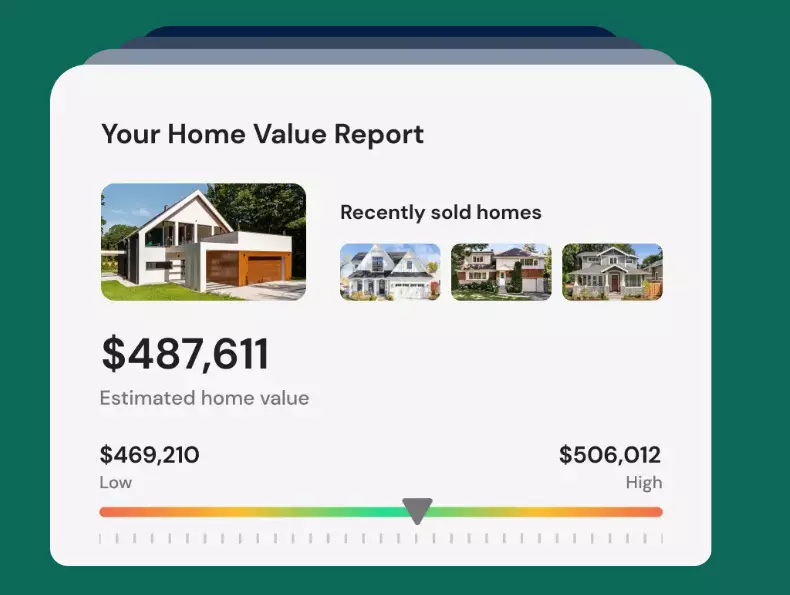Blog > Fact or Fiction? Online Home Values Are Accurate
When it comes to selling a home, one of the first steps many homeowners take is to look up their property’s value online. Websites like Zillow, Redfin, and Realtor.com offer instant home value estimates that can be incredibly appealing for a quick snapshot of what your property might be worth. But how accurate are these online home values? Let's delve into the factors that influence these estimates and determine whether they are fact or fiction.
Sellers: The First Step
For sellers, knowing the value of their home is crucial for setting a competitive price. Online valuations provide a starting point, but it's important to remember that these estimates can vary widely. For example, two different websites might give you two very different numbers for the same property. This discrepancy can create confusion and may lead some sellers to either overprice or underprice their homes.
The Home's Condition
One significant factor that online estimators often overlook is the condition of the home. These algorithms rely heavily on publicly available data such as square footage, number of bedrooms and bathrooms, and lot size. However, they can't account for recent renovations, outdated fixtures, or necessary repairs. A home that's been recently updated with modern amenities will likely fetch a higher price than one that hasn't seen any upgrades in decades. Conversely, if your property requires substantial repairs, its market value might be lower than what online tools suggest.
Neighborhood Trends
Neighborhood trends also play a critical role in determining a home's value. These trends include factors like school district quality, crime rates, and proximity to amenities such as parks and shopping centers. While some online valuation tools incorporate neighborhood data into their algorithms, they may not capture the nuances of local market conditions. For instance, an area experiencing rapid gentrification might see home values skyrocket in a short period, something an algorithm might not immediately catch.
Accurate Comparable Sales
Comparable sales (or "comps") are another vital component in determining a home's market value. These are recent sales of similar properties in the same area. Online estimators do use comps to some extent, but they may not always select the most relevant ones. For example, an algorithm might compare your single-story ranch home to a nearby two-story colonial simply because both have three bedrooms and similar square footage. A human real estate agent would likely make more nuanced comparisons based on architectural style and other finer details.
The Bottom Line
So, are online home values accurate? The answer is both yes and no. They can provide a useful ballpark figure but should not be solely relied upon for making significant financial decisions. For sellers looking to set an asking price or buyers trying to decide on an offer, consulting with a local real estate agent is essential. An experienced agent will conduct a comprehensive market analysis that takes into account the home's condition, neighborhood trends, and accurate comparable sales.
In conclusion, while online home valuation tools offer convenience and speed, they lack the precision needed for making informed real estate decisions. Sellers should use these estimates as a starting point but should always seek professional advice for a more accurate assessment of their property's worth. Understanding the limitations of these tools will help you navigate the complex world of real estate with greater confidence and success.



